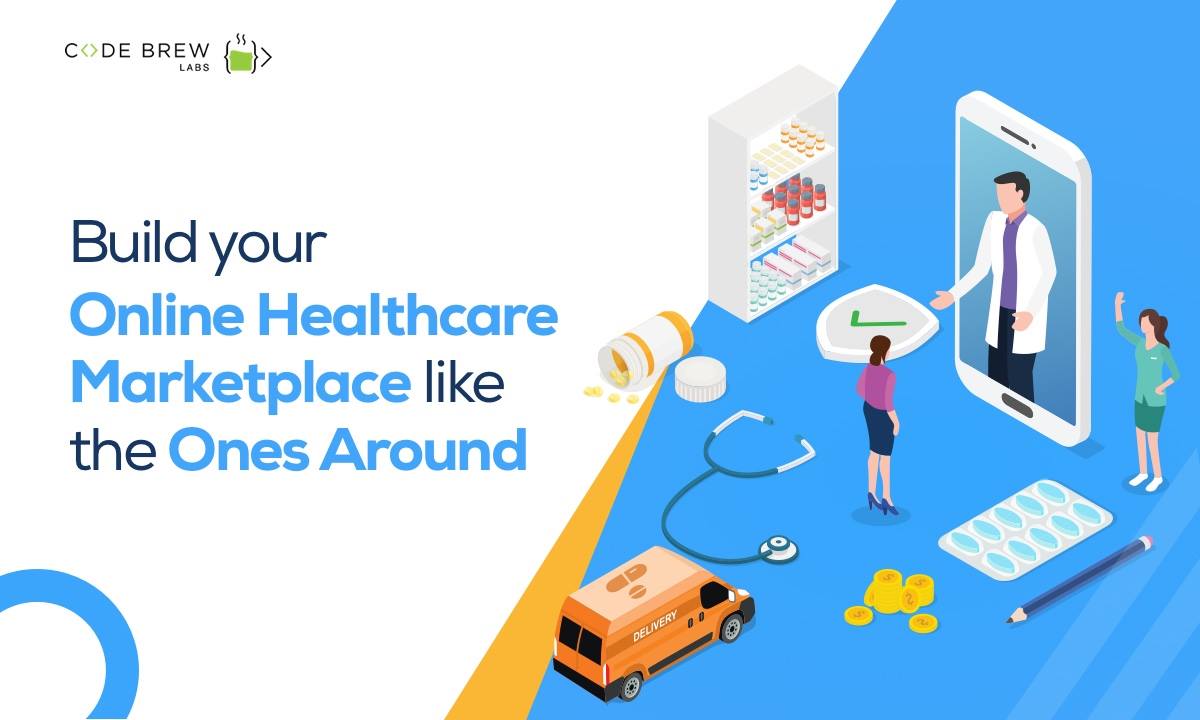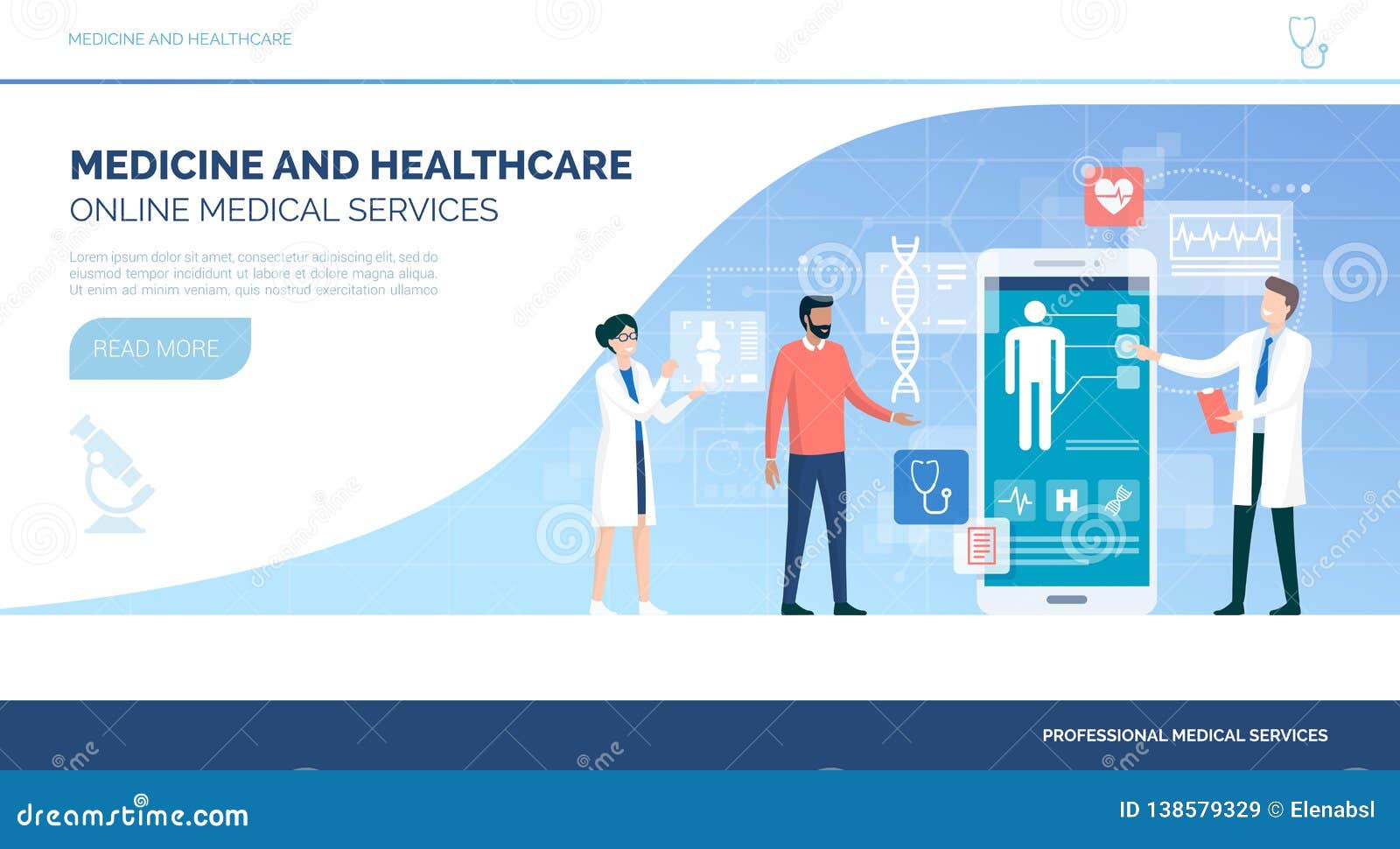Unlocking the Secrets of Subscription Based Healthcare for Better Patient Outcomes
Unlocking the Secrets of Subscription Based Healthcare for Better Patient Outcomes
Blog Article
The Surge of Subscription-Based Medical Care and Its Effect On Individual Treatment
As health care develops, the subscription-based design is gaining grip, promising to revolutionize person treatment by supplying predictability and access. The potential for these versions to improve health care delivery elevates pressing questions about their long-term sustainability and inclusivity. Are these membership solutions the future of medical care, or do they risk leaving susceptible populaces behind?
Understanding Subscription Medical Care Versions
Understanding the principle of registration health care models entails examining a transformative method to clinical solutions that emphasizes cost and ease of access. These models, typically referred to as direct medical care (DPC) or attendant medication, have arised as innovative alternatives to standard fee-for-service healthcare systems. Membership healthcare enables clients to pay a fixed monthly or yearly charge for a defined collection of clinical services, which might include endless workplace gos to, routine exams, and fundamental lab tests, without the requirement for traditional insurance policy invoicing.
The structure of membership medical care designs is created to streamline individual treatment by removing third-party payers and complicated payment codes, consequently decreasing administrative problems. Healthcare providers can focus much more on client care, fostering more powerful patient-provider relationships. This model additionally promotes preventative treatment by encouraging regular check outs, as the monetary obstacle of per-visit fees is gotten rid of.
The membership design typically equips health care companies to take care of smaller sized person panels, enabling more personalized treatment. It straightens monetary rewards with client health results, as suppliers are inspired to maintain patient fulfillment and wellness. Generally, recognizing membership healthcare designs requires acknowledging their prospective to improve exactly how care is delivered and accessed.
Advantages for Patients and Companies

With a stable profits stream, medical care experts can commit even more time to each person, leading to a much more individualized and thorough care experience. The focus on preventative care within registration plans can lead to much better client end results and reduced long-term medical care costs.
Problems and challenges
While subscription-based medical care models present various benefits, they additionally come with a set of challenges and problems that should be resolved. This raises moral concerns regarding equitable access to health care solutions.
Financial sustainability of subscription-based models is one more worry. Suppliers should stabilize the set income from memberships with the variable prices of health care solutions, which might fluctuate visite site as a result of unanticipated clinical needs. This can produce stress to restrict solutions or boost charges, potentially impacting individual complete satisfaction and care quality.
Additionally, governing oversight of subscription-based medical care designs is still advancing. Dealing with these challenges is important for the effective and equitable application of subscription-based health care.
Influence On Patient-Doctor Relationships
One considerable effect of subscription-based health care versions on patient-doctor connections is the capacity for enhanced continuity and personalized care. By adopting a registration design, medical professionals can manage a smaller sized patient panel, permitting more committed time with each individual. This boosted accessibility promotes a deeper understanding of an individual's clinical history, lifestyle, and preferences, enabling much more tailored treatment strategies and treatments.

Nonetheless, it is necessary to recognize that while subscription-based versions may profit those who can manage them, they can unintentionally broaden health care disparities. Patients who are unable to take part in these models may experience lower access to individualized treatment, possibly impacting their connections with doctor. Hence, while the membership version supplies promising benefits for patient-doctor relationships, it also poses challenges that need to be dealt with to ensure fair health care accessibility.
Future of Healthcare Accessibility

The role of technology can not be forgotten in this change. Telemedicine systems and electronic health and wellness documents promote seamless communication in between patients and doctor, damaging down geographical and logistical obstacles. Additionally, developments in man-made knowledge and information analytics can even more personalize healthcare by anticipating client demands and optimizing treatment plans.
Nonetheless, the future of medical care access additionally offers obstacles, such as making sure equity across various socio-economic teams. Policymakers and healthcare providers need to team up to link the electronic divide, making certain that subscription-based versions stay budget-friendly and inclusive. As these systems grow, they hold the assurance of you could look here making medical care a lot more obtainable, reliable, and patient-centric.
Final Thought
Subscription-based healthcare models are reshaping individual care by supplying a stable cost structure and boosting access. The rise of subscription-based healthcare motivates aggressive individual engagement, which has the possible to boost individual results and contentment, indicating a transformative change in healthcare delivery.
As medical care develops, the subscription-based design is acquiring grip, assuring to transform person treatment by using predictability and accessibility.Subscription-based healthcare versions use distinctive advantages for both patients and providers, boosting the overall healthcare experience.As health care systems advance, the future of health care accessibility regularly pivots on the assimilation of innovative designs and innovations.Subscription-based medical care designs are reshaping client treatment by supplying a stable expense framework and enhancing ease of access. The increase of subscription-based health care urges positive client involvement, which has the potential to boost individual results and complete satisfaction, signaling a transformative shift in medical care distribution.
Report this page